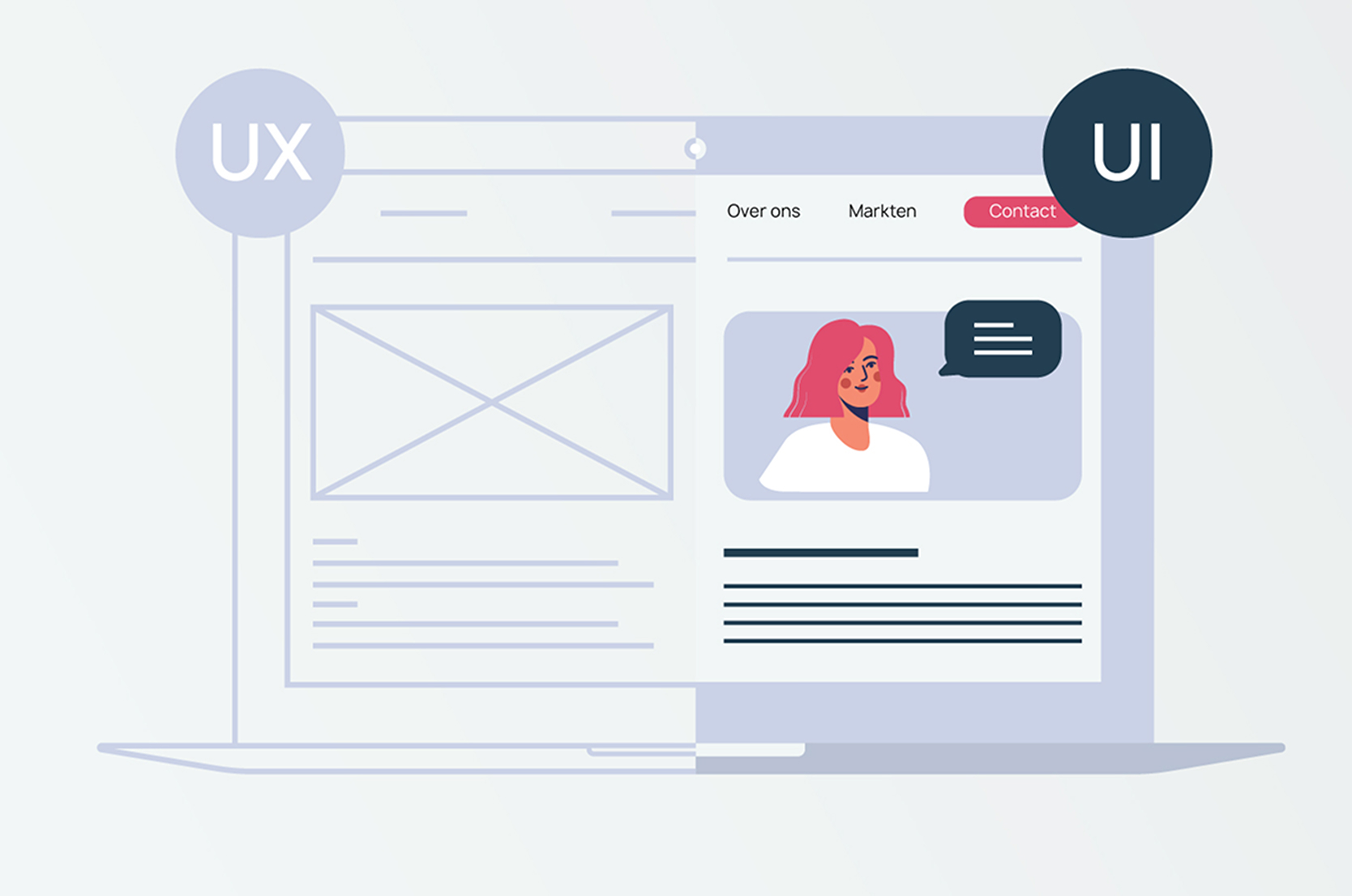
But there’s a flip side to this AI revolution. While companies are enthusiastically investing, customer distrust is growing. Globally, 63% of consumers say they don’t trust AI with their personal data – a sharp increase compared to last year.
“Success in AI marketing isn’t about more automation, but about balancing efficiency and trust.”
Despite all the smart algorithms, many people experience personalization as falling short:
For B2B marketing, this is an important signal. Business decision-makers also expect valuable, contextual interactions. If AI usage does not align with their challenges, a gap arises between the marketer’s intentions and the customer’s experience.
The introduction of the European AI Act forces organizations to be more mindful and transparent with AI. This is not a limitation, but an opportunity. By being clear about why data is collected, and by visibly delivering value with that data, trust can grow.
For B2B organizations, this means:
Especially in the industries we serve – where processes are often complex and data plays a central role – AI marketing offers both major opportunities and risks:
Across all these industries, one principle stands out: AI must deliver value on a human level. Not more automation for automation’s sake, but smart use that builds trust and strengthens relationships.
AI in marketing is here to stay. But success doesn’t come from ever more automation. It lies in the balance between efficiency and trust. For B2B software organizations, this means:
The lesson is simple: technology is not the problem – how we apply it is. Companies that combine AI with human relevance will win in the new marketing era.
Source: Artificial Intelligence News – “Marketing AI boom faces crisis of consumer trust” (Ryan Daws, augustus 2025), based on research by SAP Emarsys.


Schrijf je in voor onze nieuwsbrief en ontvang het laatste nieuws, inspirerende cases en innovatieve ontwikkelingen direct in je inbox.